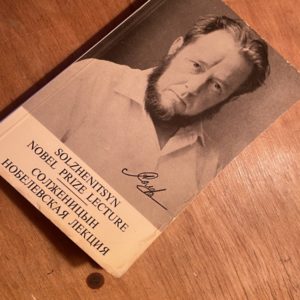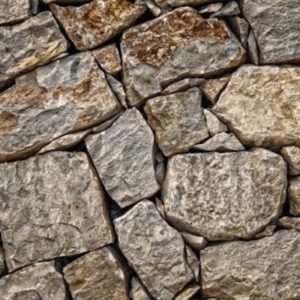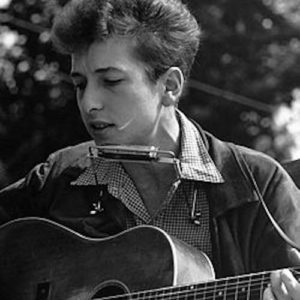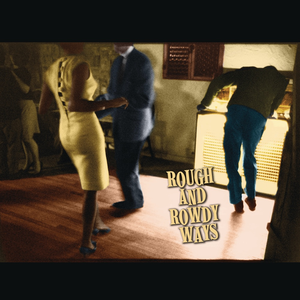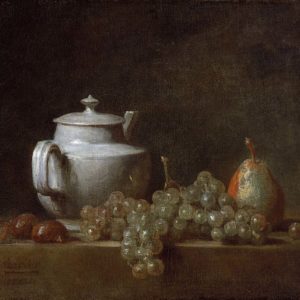
The Missing Mother: Fairy Tales and The Uses of Enchantment for Grown-Ups
My children are both at peak fairy tale age—four and two—so I have been studying up on the classics: Grimms, Andersen, MacDonald. But I’ve noticed something I never saw before: in fairy tales, the mother is almost always absent. Sometimes she’s dead, as in “Beauty and the Beast” or “The Little Mermaid”; sometimes there is a wicked stepmother like in “Cinderella” or “Hansel and Gretel.” But even when she is physically present, she’s often emotionally absent.


